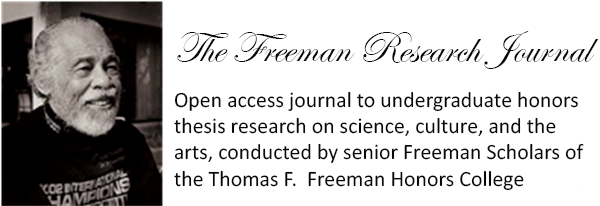
Date of Award
Spring 12-2019
Document Type
Thesis
Degree Name
Bachelor of Science
Department
Biology
First Advisor
Hector C. Miranda Jr.
Abstract
Acute lung injury affects around 200,000 critically ill patients annually, with a mortality rate near 33%. With a lack of targeted therapies, it is vital to discover and understand the fundamental cellular processes that drive macrophage inflammation. In the field of macrophage immunometabolism, it is accepted that macrophages upregulating glycolysis indicates a role in proinflammatory processes, however, there is a lack of knowledge surrounding the intermediate pathways in glycolysis. This study examined the effects of serine, glycine, one-carbon metabolism inhibition on LPS-induced inflammation in bone marrow-derived macrophages. We show that the enzymatic expression of PHGDH and PSATl is unaffected when treated with LPS and NCT-503. We also demonstrated PHGDH inhibition prevents an upregulation of glycolytic rate in response to LPS. This is significant because LPS-induced increases in glycolysis are required for macrophage inflammatory activation. Finally, we showed that PHGDH inhibition leads to a decrease in proinflammatory cytokine production, however, the approach to rescue the effects of inhibition with certain compounds was unsuccessful. Our lack of supporting evidence for rescuing the pathway could suggest a difference in the functional role of PHGDH across different cell types.
Recommended Citation
McCall, Ashlynn, "Inhibition of Serine, Glycine, One-Carbon Metabolism Reduces Proinflammatory Response" (2019). Honor’s College Freeman Research Journal. 14.
https://digitalscholarship.tsu.edu/frj/14
Included in
Biology Commons, Biotechnology Commons, Laboratory and Basic Science Research Commons, Medicine and Health Sciences Commons

